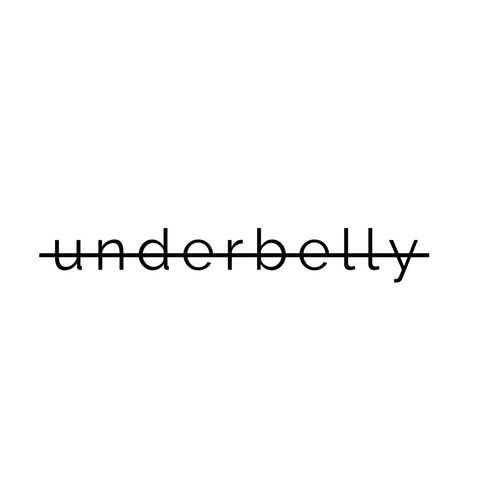Eloisa Amezcua on revision
ELOISA AMEZCUA
I like the first person singular because of the intimacy it creates with the reader. Often I find myself, as a reader, drawn in when I approach a poem that’s written in first person, for no other reason than that it provides me a lens into someone (or something) else’s thoughts and emotions and experiences in a way that neither the second nor third person can achieve.
*
I typically go into a poem knowing what it’s going to look like—the poem teaches me how it wants to be written as I write it. I’m very interested in how form plays a role in the reading of a poem, i.e., how a reader learns to take in a poem based on how it appears on the page. It’s about pace, having control over the speed at which the information reveals itself to a reader. As a writer, you put a poem out in the world and the world will do with your poem what you allow it to.
*
People love that phrase about being one’s own worst enemy, and I think that’s true in a sense, but I’m not my worst enemy, I’m my best, most critical editor. If there’s one thing I learned in all of my years of formal training as a poet (undergrad and grad school and life in general, I suppose), it’s to trust my editorial instincts whether I’m reading a poem written by me or from the submission queue for a journal I edit.
*
I think it’s good to distance yourself from your own work. I mean that literally, with time and space. Sometimes I write a poem and don’t look at it for weeks or months and that distance allows me to be a bit more objective than I would be five minutes after writing something down, you know? And it’s not always a positive experience. Sometimes I return and realize that there’s maybe a salvageable line or two but that the poem overall wasn’t working.
